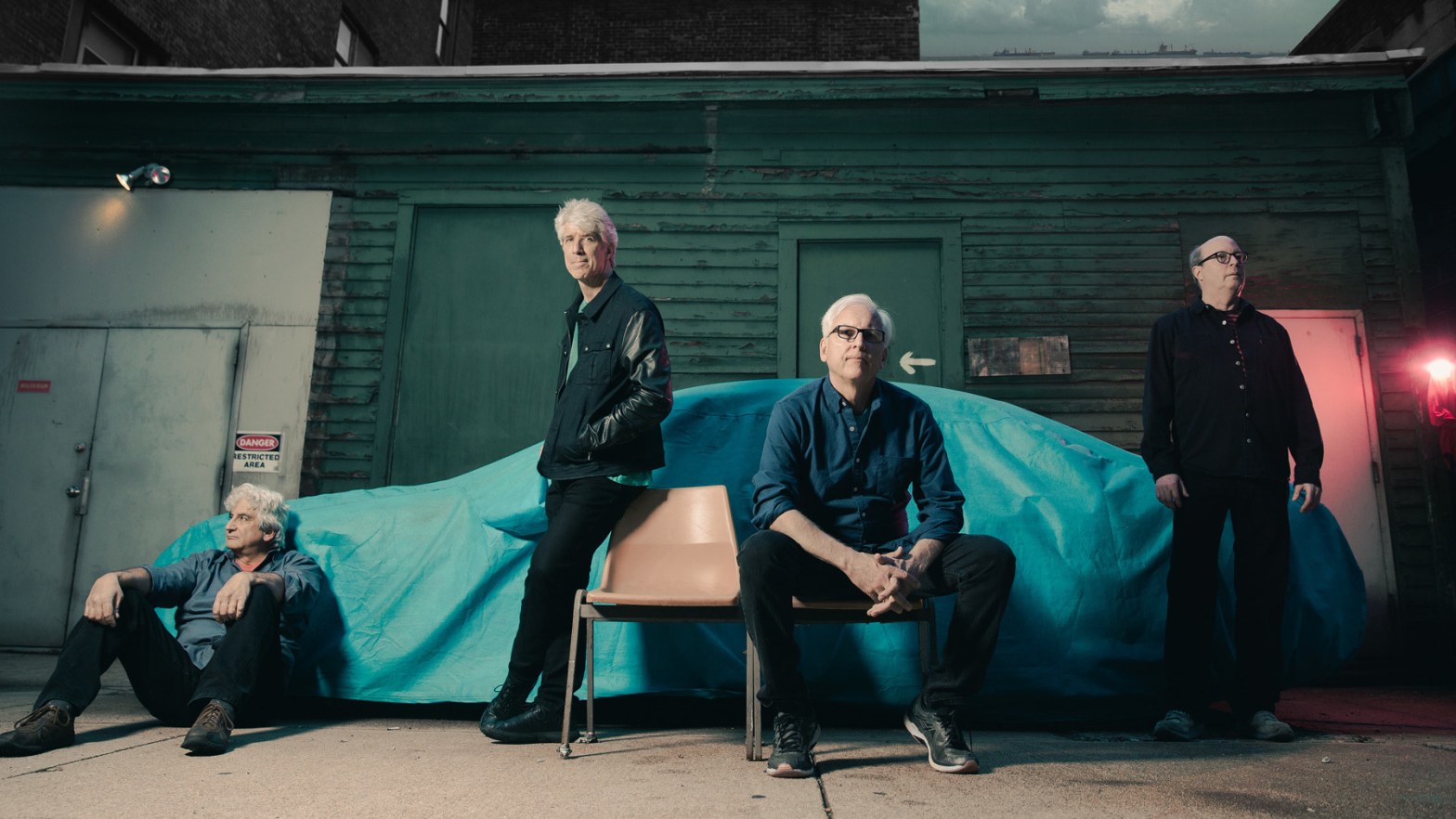
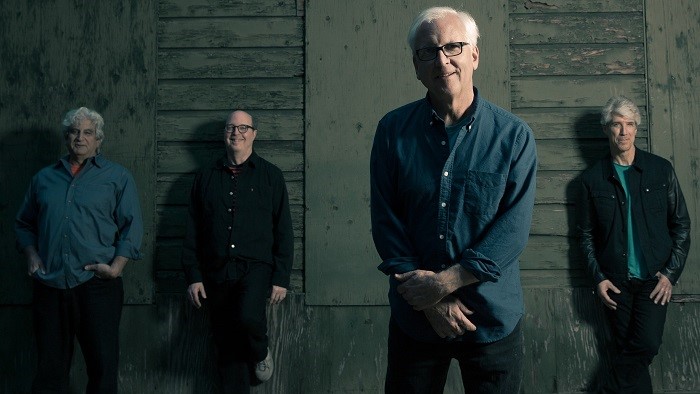
For some, the pandemic has led to a lazy couch potato mode, which ends with one packing on 15 or more pounds. For others, they’ve been busier than ever. Go figure. Glenn Morrow is the latter.
Throughout the pandemic, Glenn has been busy with Bar/None Records and has also been putting the finishing touches on his band’s new record. Check out Cry For Help’s new album 2 here.
So, today I’ve got Glenn Morrow with us for an interview. We talk about his early days at CBGB’s and Maxwell’s, the influence of the Trump era on Cry For Help’s new record, starting Bar/None Records and They Might Be Giants, and much more. Dig it.
Andrew:
Glenn, thank you for taking the time to speak with us. It’s been some year. What have you been doing to pass the time?
Glenn:
I have about a year of Duolingo Spanish under my belt. I’ve been trying to learn more music theory and some fancy chords on the guitar. Bar/None Records still takes up a lot of time. Unlike the live music business, the recorded music business has kept ticking along.
Andrew:
Tell us a bit about your backstory. What are your musical origins so to speak?
Glenn:
Didn’t start trying to play and write real songs ’till college, but then quickly spent some time in folkie Rock ensembles, then I hung out at CBGB’s when it was in its late 70s glory days. Also managed to show up in Hoboken, NJ just as Maxwell’s was opening and the owner Steve Fallon was looking for bands. A band I was in called “A” was the first band to play there.
Andrew:
As a musician, who were some of your earliest and most important influences?
Glenn:
In high school it was Beatles/Stones/ Who/Kinks/ AM Radio/FM Radio Todd Rundgren.
In college, it was Beach Boys, Velvet Underground, CBGB’s bands, Modern Lovers, Bowie/Eno, and Springsteen.
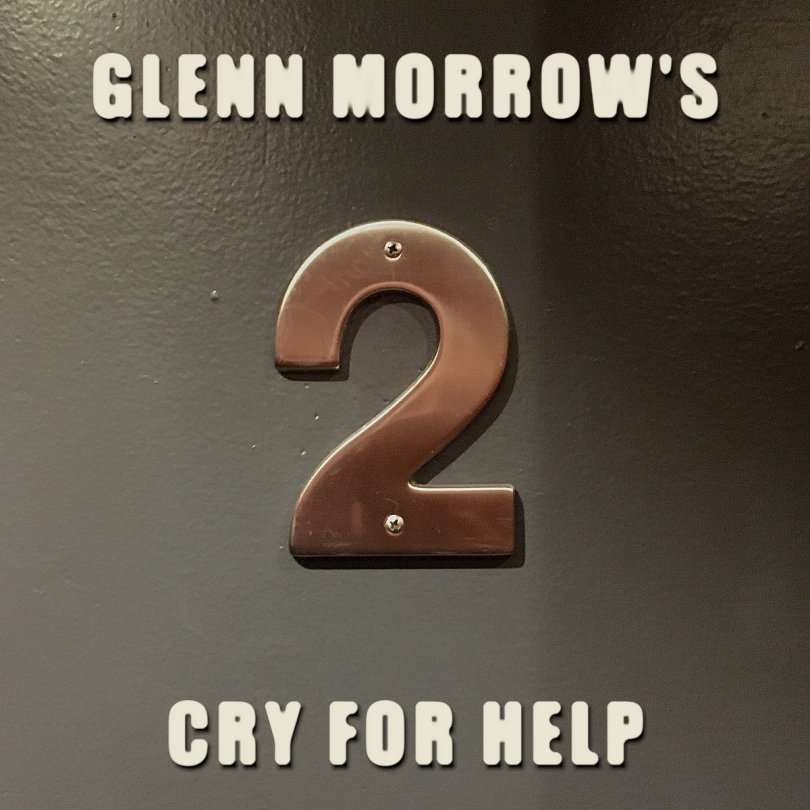
Andrew:
You’ve got a new record coming out soon. It’s called 2, and it’s on the Rhyme & Reason label. Tell us more about the album.
Glenn:
It‘s an angry record that reflects the times we live in. I had to write a love song, “Forever and A Day,” towards the end of the writing process to add a little hope to the album. But rhythmically, the whole thing is pretty upbeat and rockin’.
Andrew:
My understanding is the Trump era has significantly influenced the record. Lots to chew on there. Tell us more about your thought process going into the writing of 2.
Glenn:
I reacted like everyone else to the various protests that came out of those four years, #Me Too/the Red-Blue divide/Black Lives Matter, the pandemic, and some of the general isolation we’ve all been feeling. It’s all set to old school Rock’ N’ Roll and Post-Punk grooves, but it deals with the here and now.
Andrew:
You’ve got your label, Bar/None Records, that you’ve been running for over 30 years. How did the label get started?
Glenn:
Tom Prendergast, an Irishman who washed up in Hoboken, was a bartender at Maxwell’s, but then started the Pier Platters Record store and then wanted to have a label. I had just recorded an album with the Rage to Live band, and he tried to put it out. I brought Tom a band and said, “How about we work on this together, and I will be your partner?” That band was They Might Be Giants.
Andrew:
What’s the state of the music business these days? In your opinion, what needs to change?
Glenn:
Well, we have to get out of this pandemic and get the live music business up and running. That sector has been decimated. I feel for all the crew people and concert promoters who have been sidelined. The government needs to get some money pumped in there if we are going to have any culture left in this country.
Andrew:
Cry for Help came about in 2015, right? Tell us how the group came together.
Glenn:
When Todd Abramson was closing Maxwell’s, I helped him put together some closing night shows, including one that featured “A,” the first band that had ever played there, along with my other band The Individuals and The Bongos, who had members that were also in “A.” It was a pretty heady experience, and I didn’t want to stop. Suddenly, my songwriting gene stopped being dormant, and I knew I needed to start a band.
Andrew:
Are you into vinyl? Tapes? CDs? Or are you all digital now? Where do you like to shop for music?
Glenn:
Digital is undoubtedly convenient, but it is discovery-based and less about curating. It’s all about the chaos and the endless incoming. I still have hundreds and hundreds of mix-tapes and demos on cassette, a lot of vinyl that constantly gets replenished, and about 800 CDs in a cabinet in slip sleeves that look like baseball cards—all the music I want to be able to remember easily.
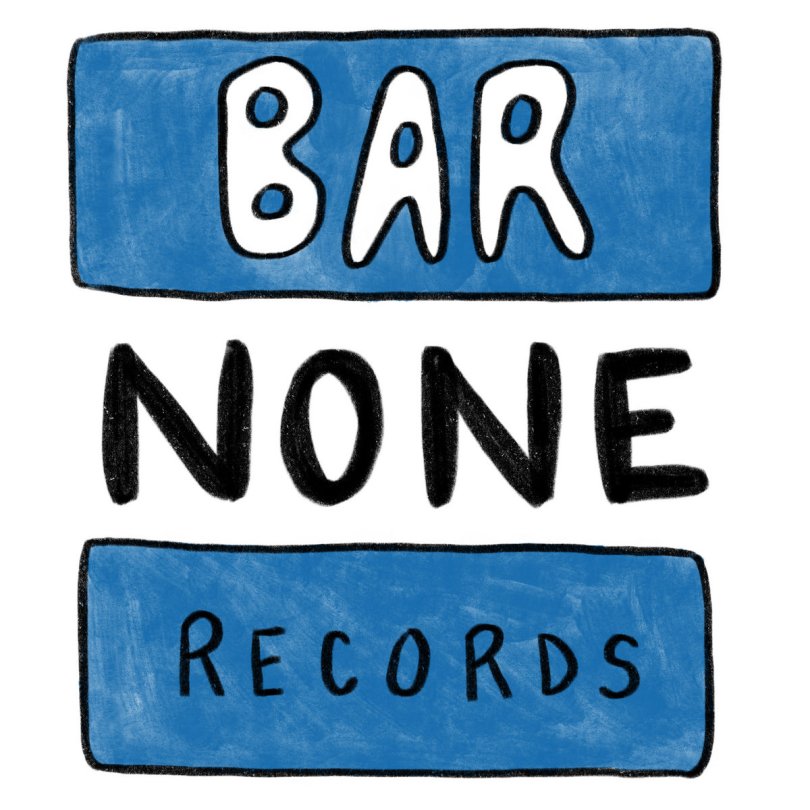
Andrew:
What are a few albums that mean the most you, and why?
Glenn:
Pet Sounds by the Beach Boys—beautifully put together and tears at the heartstrings.
Third by Big Star - an artistic masterpiece, highly cinematic like a cross between Pet Sounds and Lou Reed’s Berlin.
A Wizard A True Star- Todd Rundgren - when synthesizers on an album were still wildly new and exciting and the possibilities seemed endless and magical-a great eclectic album.
Third- Velvet Underground—a band stripped of all artifice delivering perfect poetic gems and beautiful rhythms.
I would also add that of late, and I am listening to all the great Jazz from the 60s, Coltrane, Monk, Miles, Mingus-the gifts that keep on giving.
Andrew:
Once COVID-19 is finished with us, what’s next for you?
Andrew:
Last question. What advice would you have for young musicians just starting out?
Glenn:
The competition is fiercer than ever, but you have great tools at your disposal in the modern world. Find people that you share your vision with and make a scene!
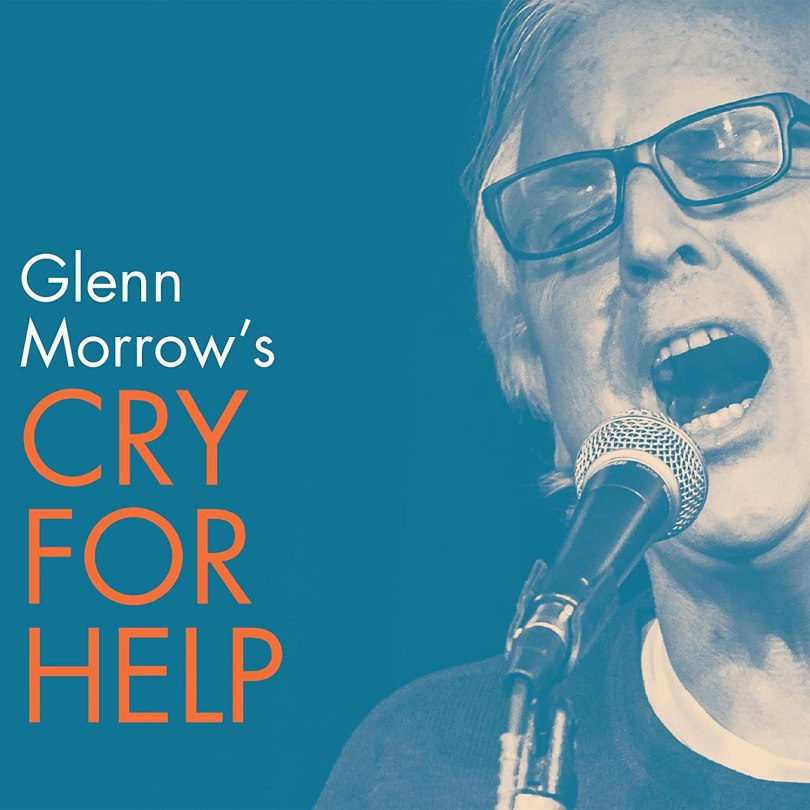
Interested in learning more about the work of Glenn Morrow’s Cry For Help? Check out the link below:
Dig this interview? Check out the full archives of Vinyl Writer Interviews, by Andrew Daly, here: www.vinylwritermusic.com/interview
